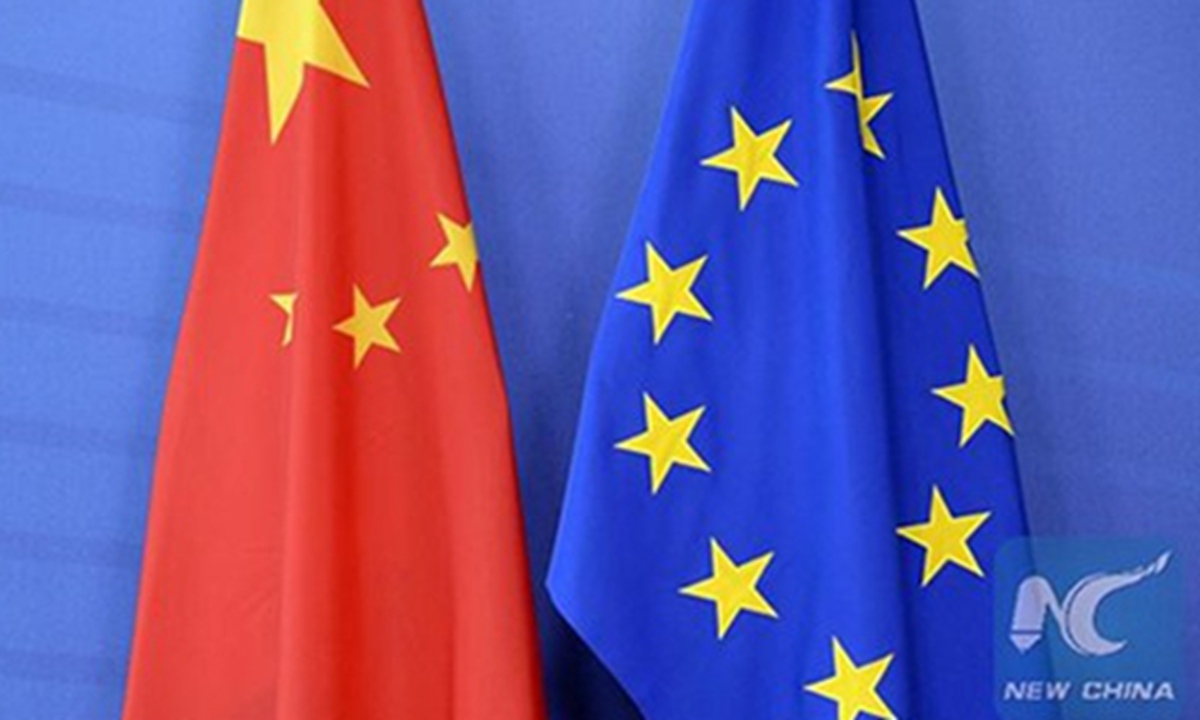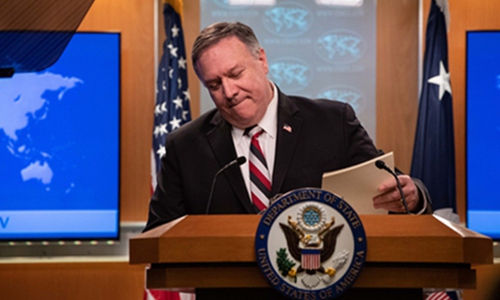
Photo: Xinhua
In stark contrast to the status of the once highly-anticipated China-US Bilateral Investment Treaty (BIT) that has entered a complete standstill, positive progress is being made in the negotiations over the China-EU BIT, indicating an increasing possibility that the China-EU deal could be inked earlier than the China-US one.Most people wouldn't have anticipated such a development a few months ago. There was a time when the China-US BIT was expected to be signed quickly, as talks over the investment agreement were said to have approached an end. But now due to a major setback in bilateral relations, signature of the investment deal looks unlikely in the coming months.
In comparison, talks over the China-EU BIT are moving forward as scheduled. After the 29th round of negotiations in late May, the Chinese side made it clear that the time frame for completion of the investment treaty by the end of the year remained unchanged. If this momentum continues, the completion of the China-EU BIT will be significantly earlier than that of the China-US investment treaty, which would give the China-EU economic and trade players more opportunities.
With a sweeping investment treaty, the EU would have an upper hand in enjoying China's opening-up of dividends and accessing the Chinese market compared to the US. There would also be more space for China and the EU to develop their economic ties in areas like trade, investment and financing.
However, opportunities always go hand in hand with challenges. Against the backdrop of a possible new Cold War between China and the US, China-EU relations also face great challenges and problems. For instance, the Hong Kong issue is becoming a source of uncertainty for bilateral relations as the European Parliament voted on Friday to take China to the International Court of Justice in The Hague over the national security law for Hong Kong Special Administrative Region.
How the EU balances its relationship with China and the US will also pose a major test to its policymakers. A common concern shared within EU business circles right now is that Europe could become a casualty in the US-China standoff.
All these problems are both opportunities and challenges for the EU, requiring EU leaders to show political wisdom to prevent its economy from being a victim of the new Cold War.
If the China-EU bilateral relationship is to maintain overall stability under the current circumstances, efforts are required from both sides to overcome difficulties and find a new way forward.
While it is understandable that these decisions are incredibly complex for the EU, we still encourage the EU side to make efforts in pushing China-EU relations forward. After all, there is always much to gain after a great challenge.



